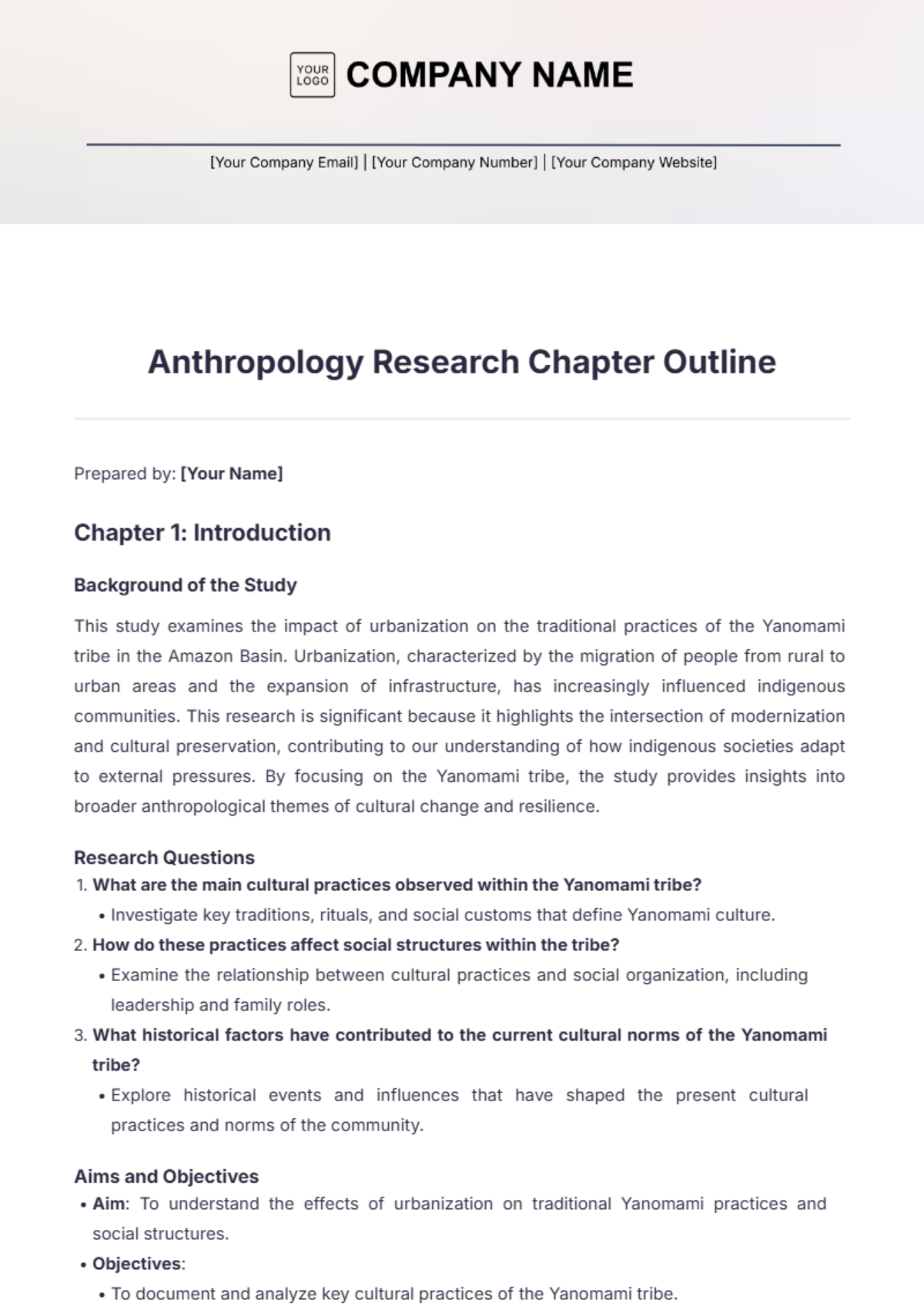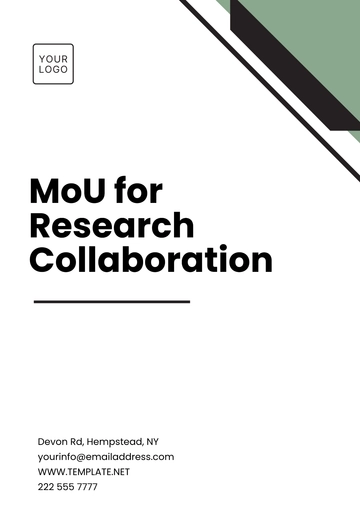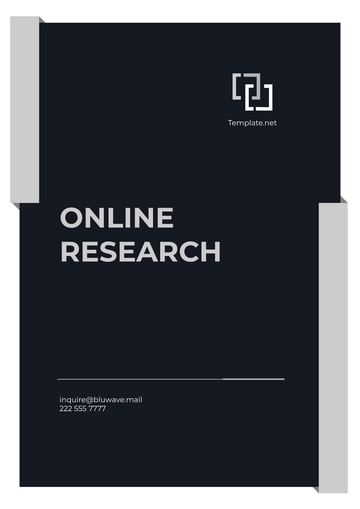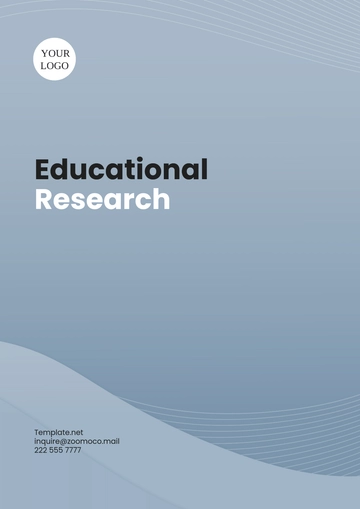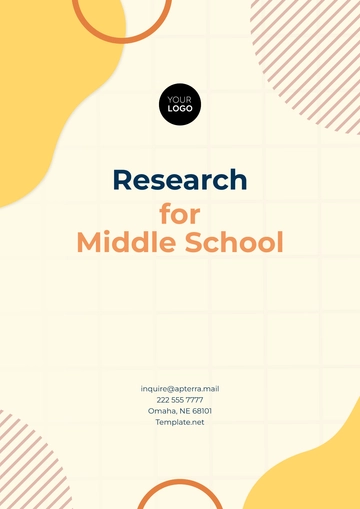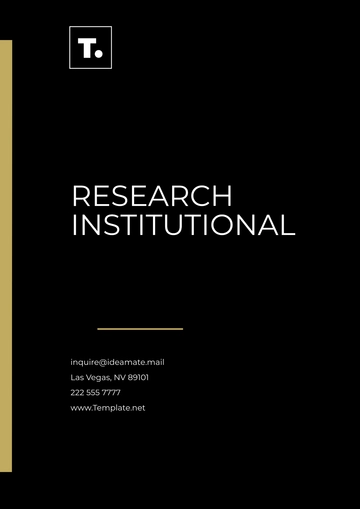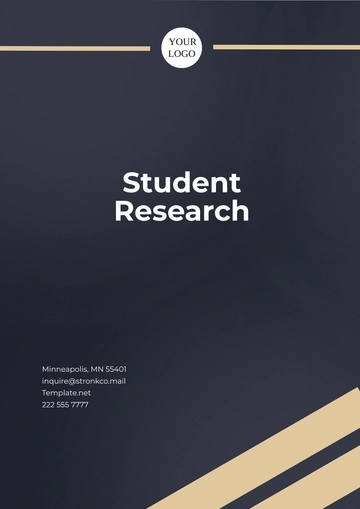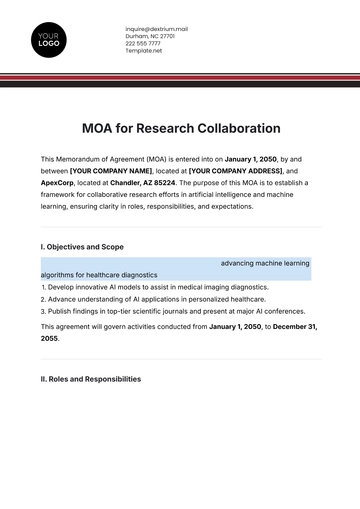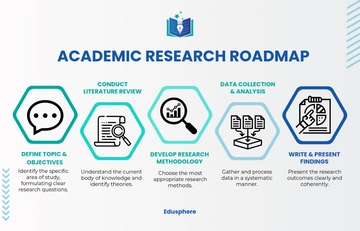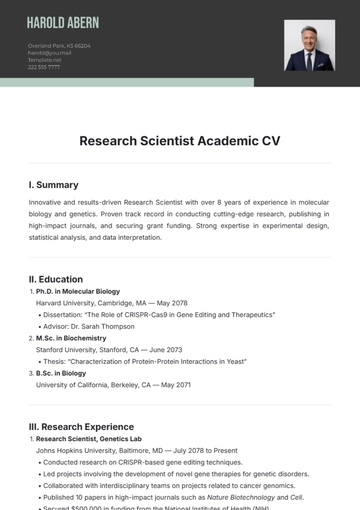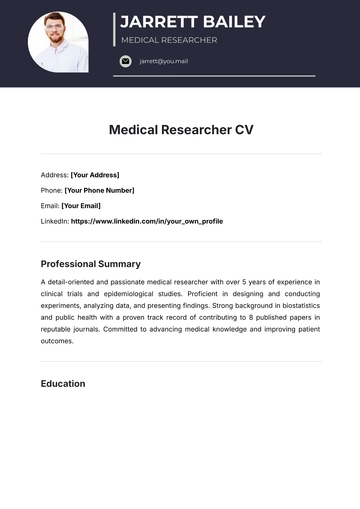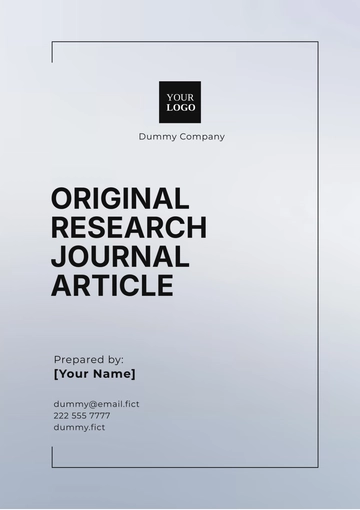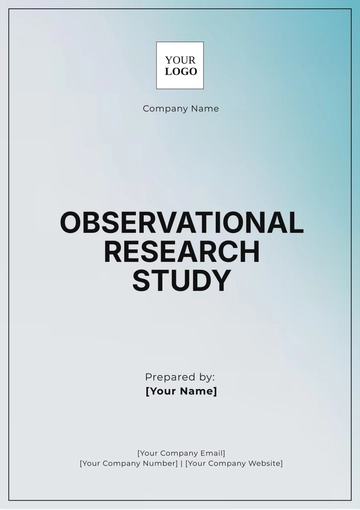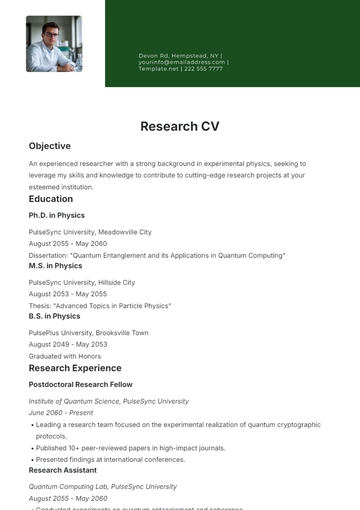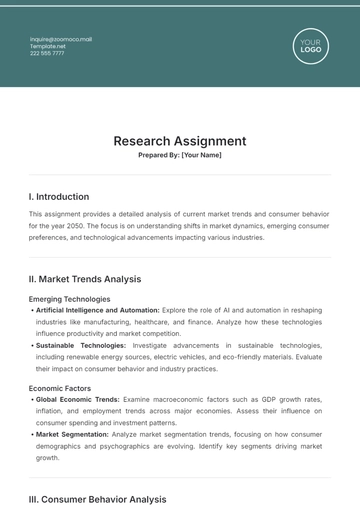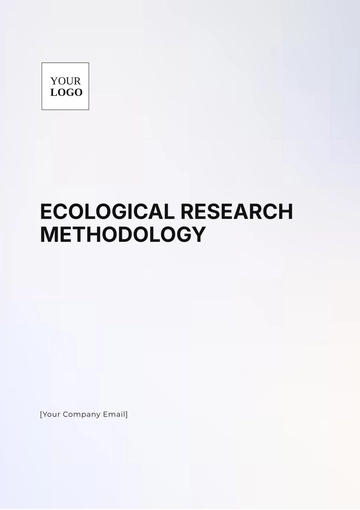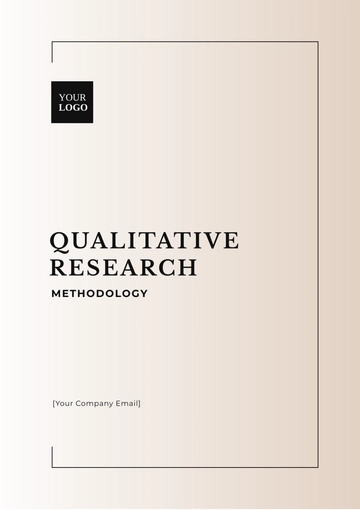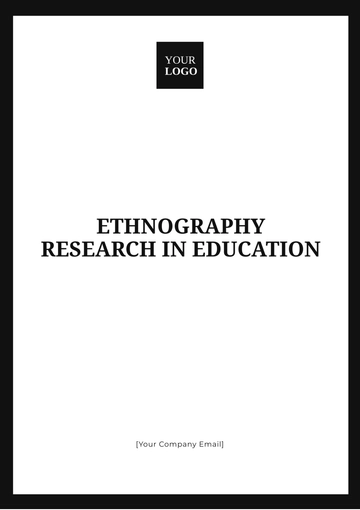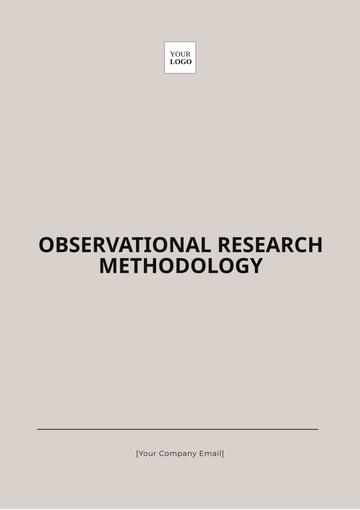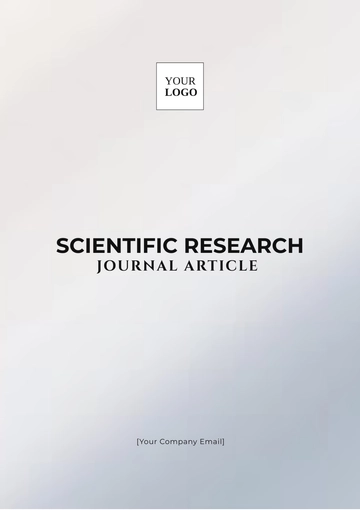Anthropology Research Chapter Outline
Prepared by: [Your Name]
Chapter 1: Introduction
Background of the Study
This study examines the impact of urbanization on the traditional practices of the Yanomami tribe in the Amazon Basin. Urbanization, characterized by the migration of people from rural to urban areas and the expansion of infrastructure, has increasingly influenced indigenous communities. This research is significant because it highlights the intersection of modernization and cultural preservation, contributing to our understanding of how indigenous societies adapt to external pressures. By focusing on the Yanomami tribe, the study provides insights into broader anthropological themes of cultural change and resilience.
Research Questions
What are the main cultural practices observed within the Yanomami tribe?
How do these practices affect social structures within the tribe?
What historical factors have contributed to the current cultural norms of the Yanomami tribe?
Aims and Objectives
Chapter 2: Literature Review
Theoretical Framework
Cultural Adaptation Theory: This theory explains how communities adjust their cultural practices in response to external influences. It is relevant for understanding how the Yanomami tribe has adapted to urbanization.
Social Change Theory: This framework examines how societal changes affect social structures and cultural norms. It provides insight into how urbanization impacts the Yanomami's social organization.
Previous Studies
Smith (2050): Examined the effects of urbanization on indigenous communities in Southeast Asia, highlighting changes in traditional practices and social roles.
Doe & Brown (2053): Focused on the impact of urban migration on cultural practices among indigenous groups in Africa, identifying common patterns of adaptation and change.
Gaps: Limited research on the specific effects of urbanization on Amazonian tribes, particularly the Yanomami. This study aims to fill this gap by providing a detailed analysis of the Yanomami's experience.
Anthropological Context
Historical Overview: The literature provides a historical context for understanding the Yanomami tribe, including pre-contact and post-contact periods.
Cultural Background: Examines the traditional practices and social structures of the Yanomami tribe, setting the stage for analyzing the impact of urbanization.
Chapter 3: Methodology
Research Design
Data Collection Methods
(a) Surveys:
Design: Structured questionnaires focusing on changes in cultural practices and social roles.
Distribution: Administered to a sample of 150 community members through in-person interviews and online platforms.
(b) Interviews:
Structure: Semi-structured interviews with 30 key informants, including tribal leaders, elders, and other knowledgeable individuals.
Participant Selection: Purposive sampling to ensure a diverse representation of perspectives within the community.
(c) Participant Observation:
Sampling Techniques
Purposive Sampling: Used for selecting interview participants based on their knowledge and involvement in traditional practices.
Random Sampling: Employed for survey participants to ensure a representative sample of community members.
Data Analysis
Qualitative Data: Thematic analysis to identify patterns and themes in interview responses.
Quantitative Data: Statistical analysis to measure the extent of changes in practices and perceptions. Includes descriptive statistics and inferential tests.
Chapter 4: Findings
Presentation of Data
Lists specific practices that have changed and their frequency.
Illustrates trends in migration and their correlation with changes in cultural practices.
Analysis of Results
Cultural Practices: Identifies significant changes in ceremonial practices, traditional crafts, and social roles.
Social Structures: Discusses shifts in leadership roles, family dynamics, and community organization as a result of urbanization.
Chapter 5: Discussion
Implications of Findings
Theoretical Implications: Contributes to the understanding of cultural adaptation and social change theories by providing a case study of the Yanomami tribe.
Practical Implications: Offers insights for policymakers and practitioners working with indigenous communities, emphasizing the need for culturally sensitive approaches to modernization.
Comparison with Previous Studies
Consistencies: Aligns with findings from other studies on urbanization’s impact on indigenous communities.
Discrepancies: Highlights unique aspects of the Yanomami experience, such as specific adaptations and responses to urban pressures.
Limitations
Chapter 6: Conclusion
Summary of Findings
Recommendations
Policy Recommendations: Suggest policies to support cultural preservation while accommodating necessary modernization efforts.
Future Research: Recommend further studies on the long-term effects of urbanization on indigenous cultures and similar communities in different regions.
Final Thoughts
Contributions: This research contributes valuable insights into the impact of urbanization on indigenous communities, enhancing our understanding of cultural change and resilience.
Future Directions: Encourages continued exploration of how global processes influence local cultures and the development of strategies to balance preservation with progress.
Chapter Outline Templates @ Template.net
